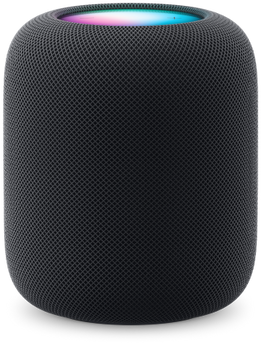In Portsmouth, Ohio, the concept of implanting data devices beneath the skin is becoming increasingly popular. This opens up a plethora of possibilities, from storing vaccine passports and medical records to political affiliations, religious statuses, and even bank account balances. These devices could also potentially hold carbon tax reports or chips that offer convenient functions like opening doors, ordering rides, or purchasing concert tickets.
While medical devices have been implanted in human bodies for years to enhance and prolong life, the scope of implantable technology is expanding. Implantable biomedical devices like artificial joints, breast implants, and bone fusion hardware have been common for quite some time. Additionally, recent advancements have seen deep brain stimulation devices being used to treat disorders like epilepsy and Parkinson's disease.
In 2021, the FDA granted regulatory approval for testing brain implants on human volunteers with paralysis, showcasing the continuous evolution of implantable technology. Companies like Neuralink, founded by Elon Musk, are also pushing the boundaries by developing technology that allows individuals with paralysis to interact with smartphones using just their minds.
However, the use of microchips for non-medical purposes raises concerns about privacy and government surveillance.
Articles have surfaced discussing the implantation of COVID-19 vaccine data on microchips under the skin, with companies like Epicenter developing scannable microchips to display vaccination statuses.In Sweden, thousands of individuals have already embraced implanted RFID chips for various everyday activities like opening doors, paying cashless, and accessing medical records. The integration of microchip technology into daily life is becoming increasingly common, with some even using it to replace traditional methods of identification and payment.
Despite the convenience microchips offer, there are growing concerns about the potential for government surveillance and control. The development of a subdermal diagnostic microchip by the Pentagon that can detect COVID-19 in minutes has sparked worries about the implications of such technology. Polls have shown that many Americans fear the merging of technology with the human body could lead to totalitarian control and data exploitation.
With the concept of a New World Order looming, it's crucial for citizens to educate themselves before making decisions about microchip implants. While the allure of convenience is tempting, the implications of integrating technology into the human body must be carefully considered. As one individual aptly put it, the only chip they want in their body is a potato chip or a chocolate chip.









 English (US)
English (US)